The Importance of Sun Protection: Tips for Choosing the Right SPF
Introduction:
Sun protection is a cornerstone of skincare and essential for maintaining healthy, youthful-looking skin. Exposure to harmful UV rays not only accelerates skin aging but also increases the risk of sunburns, skin cancer, and other serious health concerns. Choosing the right SPF (Sun Protection Factor) is crucial for effective sun protection and safeguarding your skin against the damaging effects of UV radiation. In this guide, we'll explore the importance of sun protection, debunk common misconceptions about SPF, and offer practical tips for selecting the right sunscreen for your skin's needs.
Understanding UV Radiation:
Before delving into the intricacies of SPF, it's essential to understand the two types of ultraviolet (UV) radiation emitted by the sun: UVA and UVB rays.
-
UVA Rays: UVA rays penetrate deep into the skin's dermis, causing long-term damage such as premature aging, wrinkles, and skin cancer. They are present year-round, even on cloudy days, and can penetrate through glass windows.
- UVB Rays: UVB rays primarily affect the skin's outermost layers (epidermis) and are responsible for sunburns, redness, and skin cancer. UVB intensity varies depending on factors such as time of day, season, and geographic location.
Both UVA and UVB rays contribute to skin aging, DNA damage, and the development of skin cancer, making comprehensive sun protection imperative regardless of weather conditions or skin type.

Understanding SPF:
SPF, or Sun Protection Factor, is a measure of a sunscreen's ability to protect the skin from UVB rays, the main cause of sunburn and skin cancer. Contrary to popular belief, SPF does not indicate the duration of sun exposure but rather the degree of protection against UVB radiation.
Here's how SPF works:
- SPF 15 blocks approximately 93% of UVB rays.
- SPF 30 blocks approximately 97% of UVB rays.
- SPF 50 blocks approximately 98% of UVB rays.
It's important to note that no sunscreen can provide 100% protection from UV radiation, and higher SPF values offer only incremental increases in protection beyond SPF 30. Additionally, SPF does not measure protection against UVA rays, which can also cause significant skin damage.

Tips for Choosing the Right SPF:
-
Assess Your Skin Type: Consider your skin type, sensitivity, and sun exposure habits when selecting sunscreen. Those with fair skin, a history of sunburns, or increased sun sensitivity may benefit from higher SPF formulations.
-
Opt for Broad-Spectrum Protection: Choose sunscreens labeled as "broad-spectrum," which provide protection against both UVA and UVB rays. Look for ingredients such as avobenzone, zinc oxide, or titanium dioxide for comprehensive sun protection.
-
Consider Your Activities: Evaluate your daily activities and exposure levels when choosing SPF. If you spend extended periods outdoors or participate in water sports, opt for water-resistant sunscreens with an SPF of 30 or higher to ensure long-lasting protection.
-
Apply Adequate Amounts: The key to effective sun protection is applying sunscreen generously and evenly to all exposed areas of the skin. For optimal coverage, use approximately one ounce (about a shot glass full) of sunscreen to cover your entire body, and reapply every two hours or immediately after swimming or sweating.
-
Don't Forget About Daily Use: Sun protection is not just for sunny days at the beach—UV rays can penetrate through clouds, windows, and even clothing, leading to cumulative sun damage over time. Incorporate sunscreen into your daily skincare routine, even on overcast days, to maintain consistent protection against UV radiation.
-
Consider Additional Protective Measures: In addition to sunscreen, consider wearing protective clothing, wide-brimmed hats, and sunglasses to shield your skin and eyes from UV radiation. Seek shade during peak sun hours (10 a.m. to 4 p.m.) and avoid prolonged sun exposure whenever possible

Conclusion:
Sun protection is a non-negotiable aspect of skincare and vital for maintaining the health and vitality of your skin. By understanding the importance of sun protection, debunking common misconceptions about SPF, and following practical tips for choosing the right sunscreen, you can safeguard your skin against the harmful effects of UV radiation and enjoy a lifetime of healthy, radiant skin.
Remember, sun protection is a daily commitment, so prioritize consistent sun safety practices and empower yourself to make informed choices for your skin's well-being.




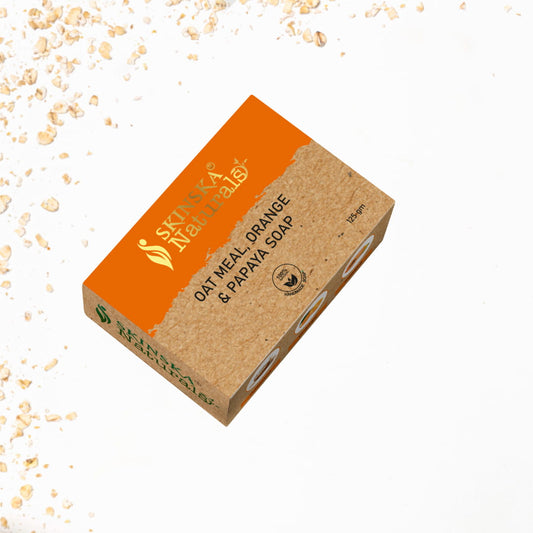

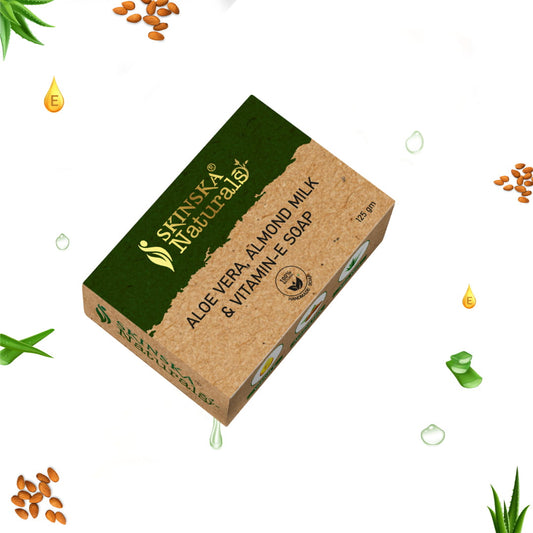






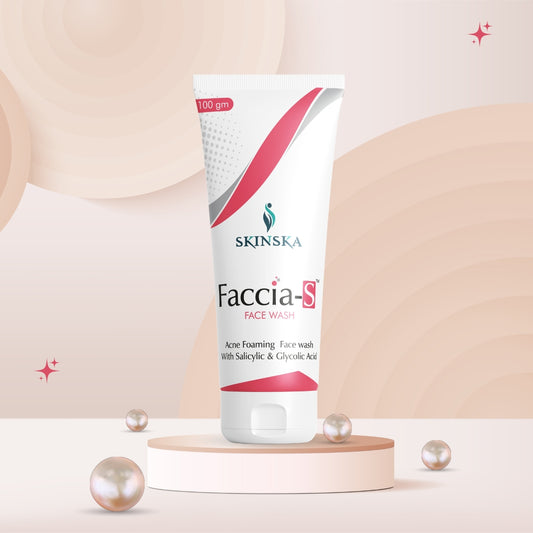
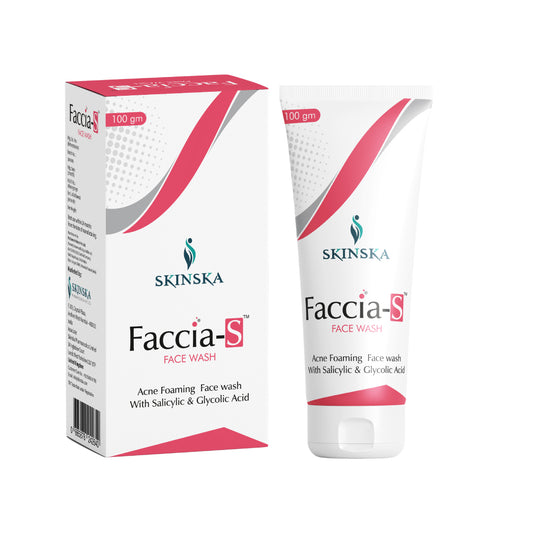
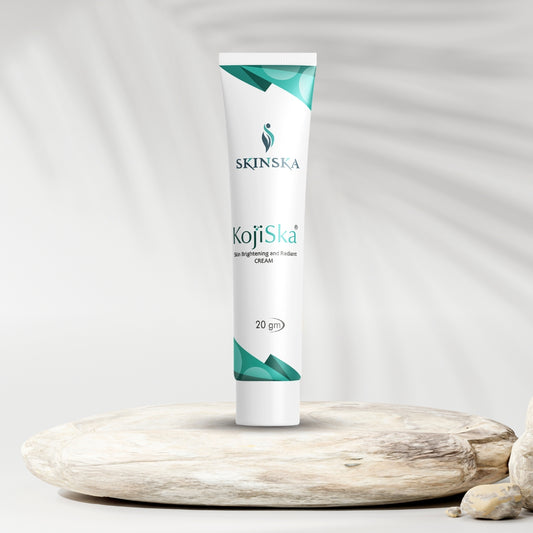
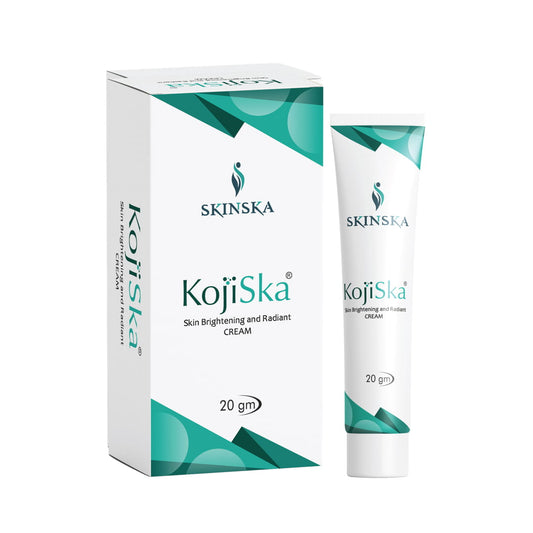
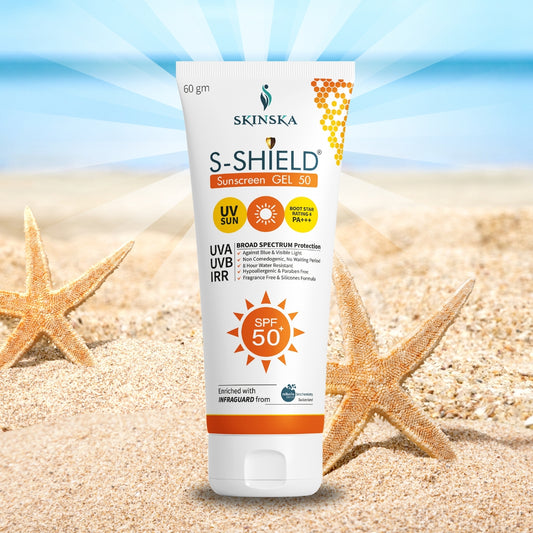
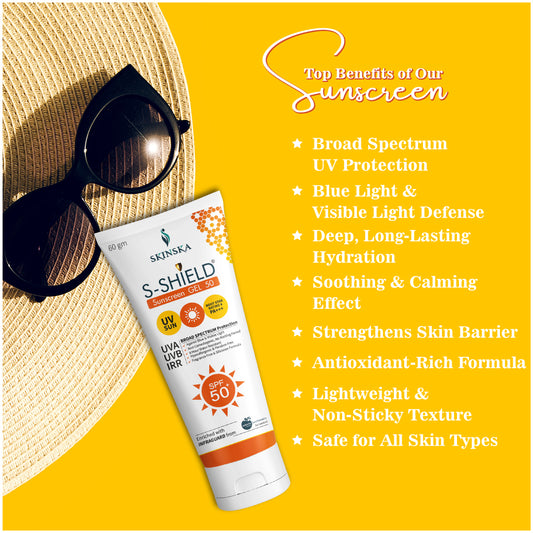
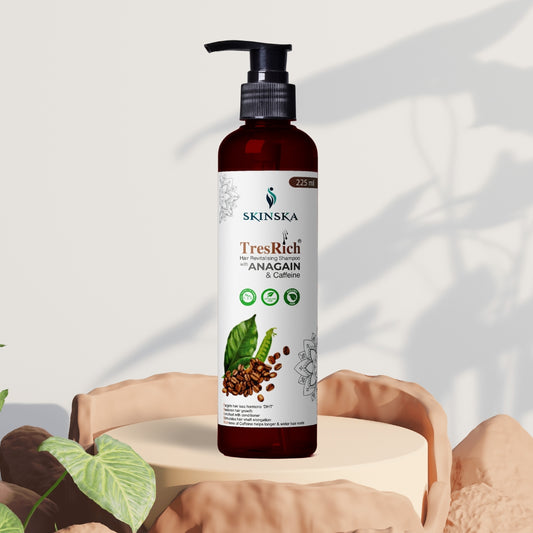
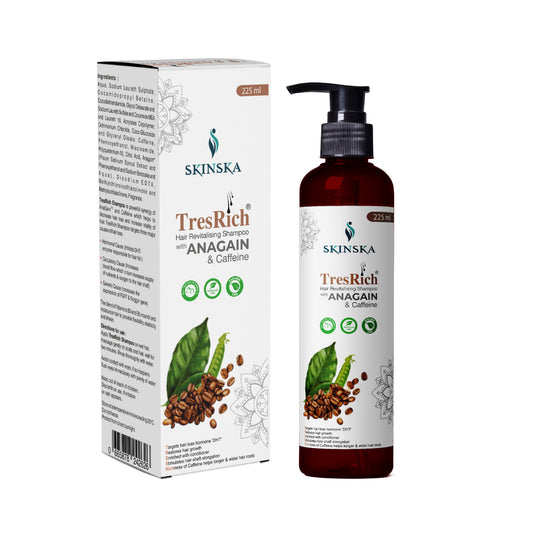
Leave a comment
All blog comments are checked prior to publishing